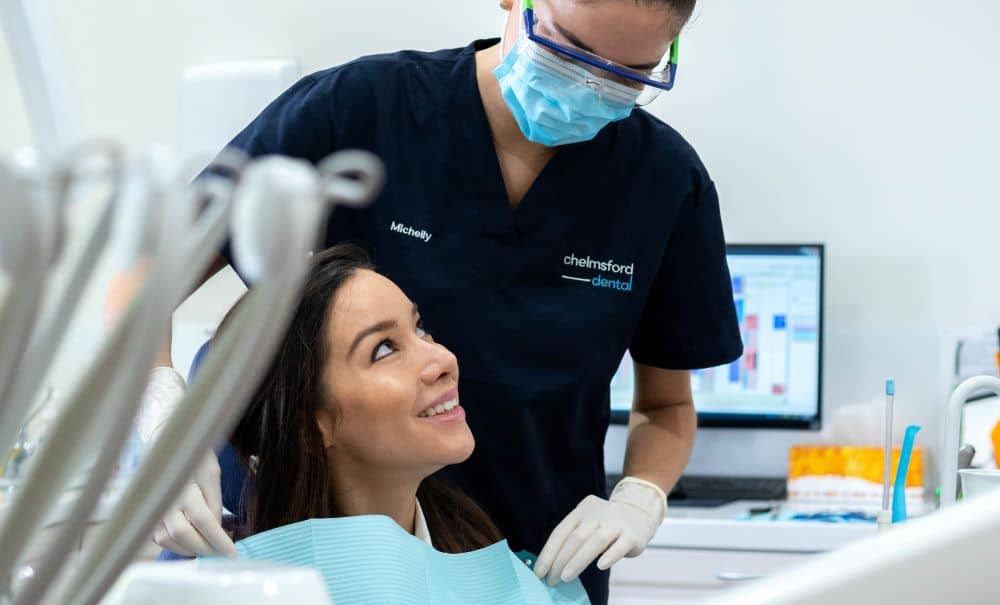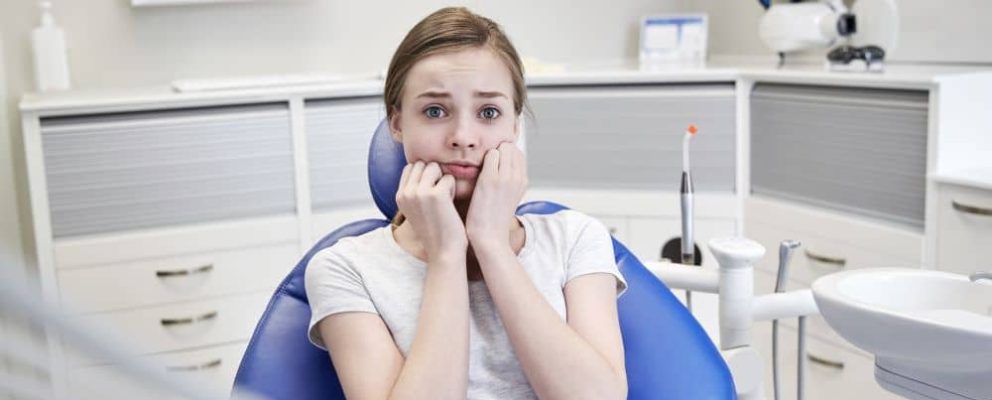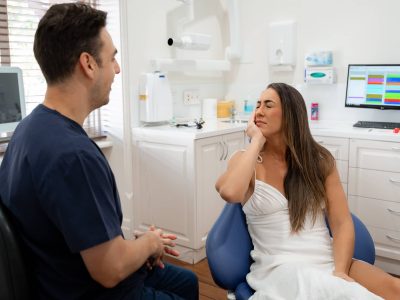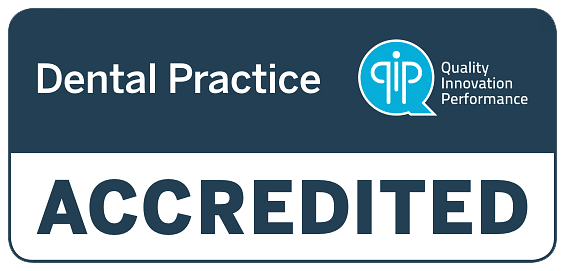Do you hate going to the dentist? Perhaps you fear getting a tooth pulled or the instruments – even if they won’t be used on you. You probably don’t like sitting on the dentist’s chair and would rather suffer from your toothache at home. You think the pain will eventually go away. If you get so anxious about your next dental visit, you probably have dentophobia.
What is Dentophobia?
Dentophobia is also known as dental or dentist phobia, dental anxiety, and odontophobia. This type of phobia is simply having a deep fear of visiting the dentist. We go to the dentist for many reasons, but mainly for dental care. Dentophobia does not just refer to the fear of getting a tooth extraction. Cleaning or even just a routine check-up can cause anxiety.
Dentophobia can range from mild to serious, where patients eventually avoid going to dentists completely. Although severe dental anxiety is debilitating for most people, skipping out on dental visits can be problematic on one’s oral hygiene. It can then lead to more significant issues that impact their oral health.
If you think you have dentophobia, you’re not alone. It’s common both in adults and kids. According to a study by the University of Adelaide, one in 10 children has dental anxiety. Meanwhile, one in six adults has confirmed their fear of dentists and dental visits. Severe dental phobia exists in about five per cent of the Australian population.
But how do you know if you have dentophobia?
There are a few tell-tale signs of dental phobia, including:
- Avoiding any appointments with the dentist
- Avoiding and refusing treatments that are believed to cause some pain and gagging
- Fearing the need for dentists to use instruments, especially those that resemble needles
- Shaking, trembling, or sweating when at the dentist’s office
- Nausea, which may or may not include vomiting, before going to the dentist’s office
- Heart palpitations
- Dizziness
- Rapid heart rate
Some people may become irritable about a day before their dental appointment. Others find it difficult to sleep, which gets worse as the day of their scheduled visit nears.
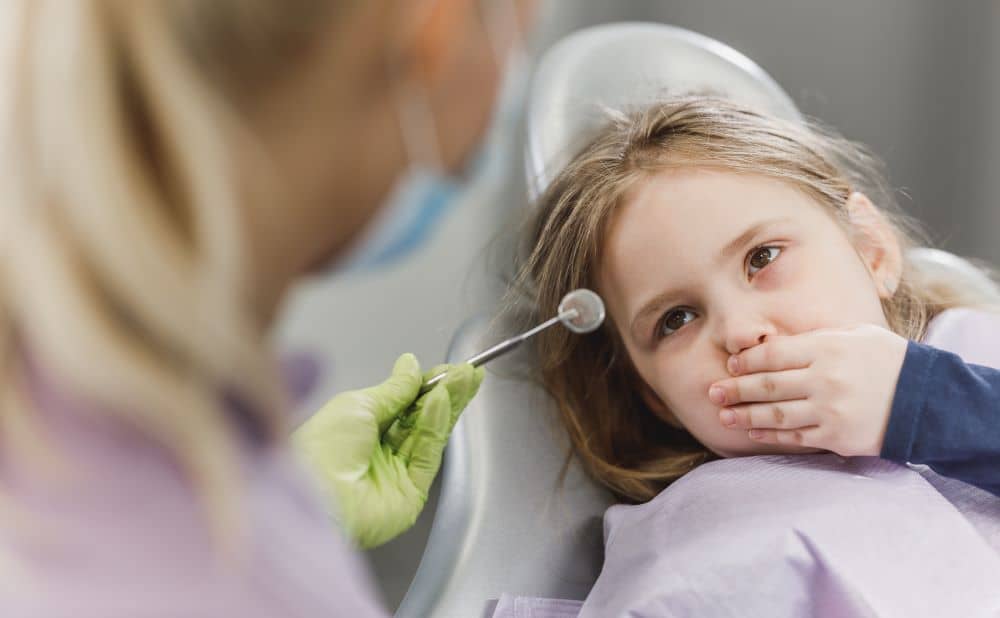
What Causes Dentophobia or Dental Anxiety?
Anyone can have a dentist phobia, and it can be due to a variety of reasons. But the most common cause is when a person experiences something traumatic while in the dental office. Suppose you had a complicated procedure or a simple one that was painful for you. In that case, it can cause dentophobia to develop.
For example, a person who required wisdom tooth extraction experienced temporary paralysis. Or perhaps a sinus cavity perforation may have ensued. As a result, this particular patient may have anxiety about visiting the dentist again. It’s also possible that they will dread any possible tooth extractions.
In other cases, dental anxiety can be a product of poor interaction with the dental professional. Most dentists are trained to be kind and understanding to their patients. They treat the patients with care and are not harsh on them, despite their lousy hygiene habits, for instance. However, if a dentist is mean or is not gentle in any way, it’s unlikely that the patient will come back. They may not want to visit any dentist after that negative experience.
And these bad experiences are often shared with other people like friends and family. Hearing about how a dentist invalidated a patient’s concern can give the listener dentophobia. It can also be due to watching a horror movie involving dentists. The negative experience also does not have to be limited to dentists. It can be anyone in the medical field or doctors in general. Some people just get scared when they see a doctor. They usually fear the smell of hospitals, medication, and other things associated with hospitals.
As you can see, dentophobia can stem from any negative experience, whether it is firsthand or not. It does not have to be real, just a result of watching gory films or a scary fictional story. All these can result in developing dental anxiety. Add to this is the fact that other anxiety disorders play a part in the development of dentophobia. For example, if you already have algophobia or the fear of pain, it’s possible that you also do not like to take trips to the dentist’s office.
Other anxiety disorders that contribute to dental anxiety include:
- Trypanophobia or the fear of needles
- Emetophobia or the fear of vomiting and/or gagging
- Latrophobia or the fear of doctors, including dentists, dental hygienists, and other dental professionals
- Aphenphosmphobia or the fear of being touched
Finally, some people are simply embarrassed, which is why they do not like seeing their dentist. Often, you will be asked about your oral hygiene practices. How often do you brush and floss? You do not want to admit that you rarely clean your teeth, which is why you would rather stay home and avoid getting your cavities filled.
What are the Best Solutions to Overcome Fear of Dentists?
If you have dentophobia, you may feel inclined to stop visiting your dentist. If you cannot remember the last time you sat on a dental chair, it’s time for things to change. Avoiding your dentist is dangerous and can negatively impact your dental health. Problems like tooth decay and periodontal disease will continue to progress if untreated. Additionally, serious conditions like oral cancer have a higher chance of getting treated when detected early.
Overcoming dentophobia does not happen overnight. It is often a long process, especially when applying behavioural techniques. However, some solutions can provide immediate effects.
Here are some of the best ways to cope with dental anxiety:
1. Medications
The patient needs to talk to the dental professional about their worries and fears. That way, they can be reassured that the procedure they will go through is nothing to be anxious about. Dentists can also help by using sedatives. Other ways to soothe patients are through nitrous oxide and local or general anaesthesia. Some medications may also be prescribed, which should be taken before the dental procedure.
2. Relaxation Methods
A psychologist, psychiatrist, or social worker can help patients combat or at least manage their dental anxiety through relaxation techniques. Some of these methods include deep breathing exercises and even listening to calming music. The patient can wear headphones during their procedure, which especially helps those who fear the sound of loud dental equipment. These practices can be performed while in the waiting room.
Meditation may also help, which can reduce a person’s anxiety before they go to their appointment. Soothing the muscles is also quite effective in calming the patient. The goal of these relaxation methods is to diminish fear.
If you work with a psychologist, one common technique used is systematic desensitisation. You will be exposed to the object you fear (gradually and systematically, of course) until you can finally combat your anxiety without assistance.
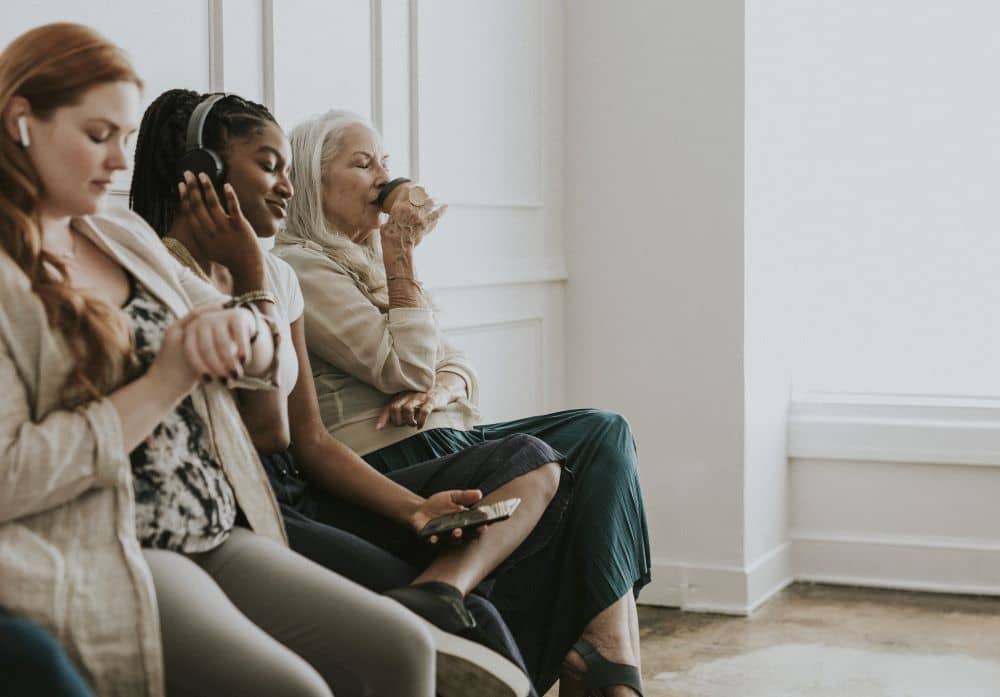
3. Self-Help
Believe it or not, there is nothing to fear when you sit on the dental chair. But it’s easier said than done for those with severe dentophobia. You can do your research about the procedure you are scheduled to have. But avoid horror stories about anything related to it. Instead, focus on the good things like the benefits of visiting your dentist once or twice every year.
You may also want to choose your dentist smartly. Be sure that you are comfortable with the dental professional to help reduce your anxiety. It’s essential to feel a sense of trust with your dentist so that it will become easier to visit the office. You can request to talk to the dentist before having any work done. Try finding something that gives you comfort and takes it with you, which you can hold or squeeze. For example, stress balls or even a fidget spinner can help with dental anxiety.
If you think taking someone with you as your support system can help, then do so. Psychiatrists also suggest listening to music or reading your favourite book while in the waiting room.
4. Pre-Treatment Conditioning
We have mentioned that you should talk to your dentist before you have any procedure. This helps many people with dentophobia tremendously. But several patients do not even know they do not need to have any procedure done to meet a dentist. This method is known as pre-treatment conditioning, which will determine whether or not you’re comfortable in the office and the dentist. Develop a rapport with the dental professional and the team, which can aid in easing your anxiety. It is a simple step that can reduce symptoms greatly.
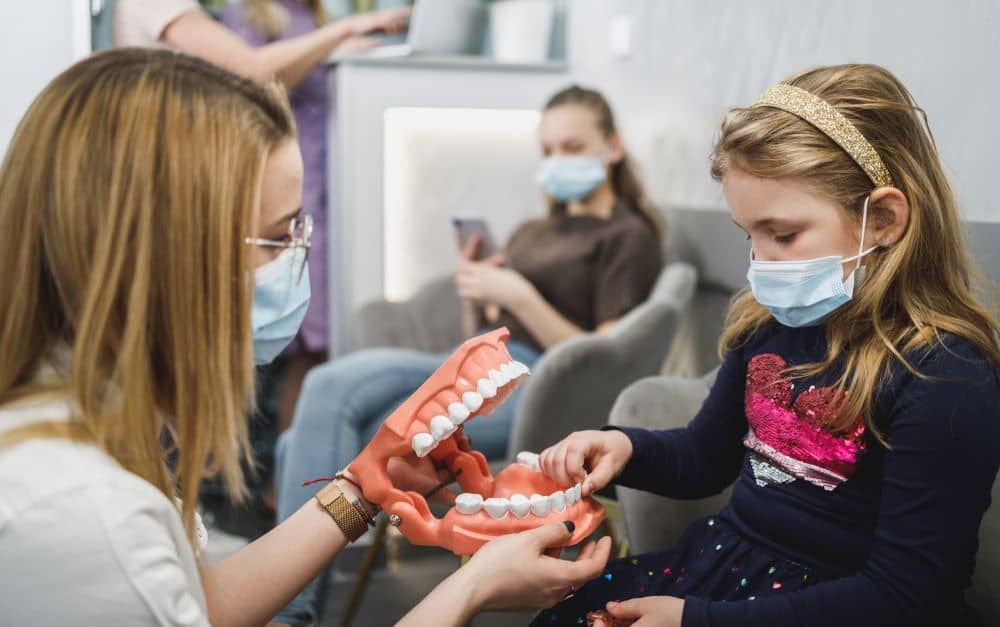
5. Gentle Dentistry
A huge reason patients are scared of going to the dentist is the pain they think they will suffer from. Cleaning is a standard procedure that is relatively painless. However, some people have low pain tolerance and can also become queasy with blood. The gums can bleed during the cleaning process and can agitate the patient.
But treatments are not harsh. Gentle dentistry exists, which involves the dental professional explaining the process in a calming manner. Before any procedure, it is crucial to use positive reinforcement to make sure that the patient is at ease. Dentists also boost a patient’s confidence by praising them as they move a step towards the completion of the procedure.
6. Controlled Treatments
Patients with severe dentophobia are less fearful when they know that they can control the situation. The tell-show-do technique is a great way to help those with extreme dental anxiety. It reduces uncertainty because the dentist explains every single detail to the patient. He or she will also show the patient which instruments will be used and why. The show phase also includes demonstrating what will happen in the “do” phase. The increased predictability allows patients to take the whole procedure in one step at a time.
Another way to manage the situation easier is to have rest breaks. The dental practitioner or the patient can initiate rest breaks during the procedure. For example, teeth cleaning can become uncomfortable for some patients. Providing signals to the dentist to stop, such as by raising a hand, is extremely helpful.
That’s why dentists need to know if the patient has dental anxiety. Rest breaks can be taken as often as necessary. The patient can request to pause the treatment for a few minutes and resume when comfortable. Doing so can provide the patient with a sense of control, which certainly alleviates anxiety.
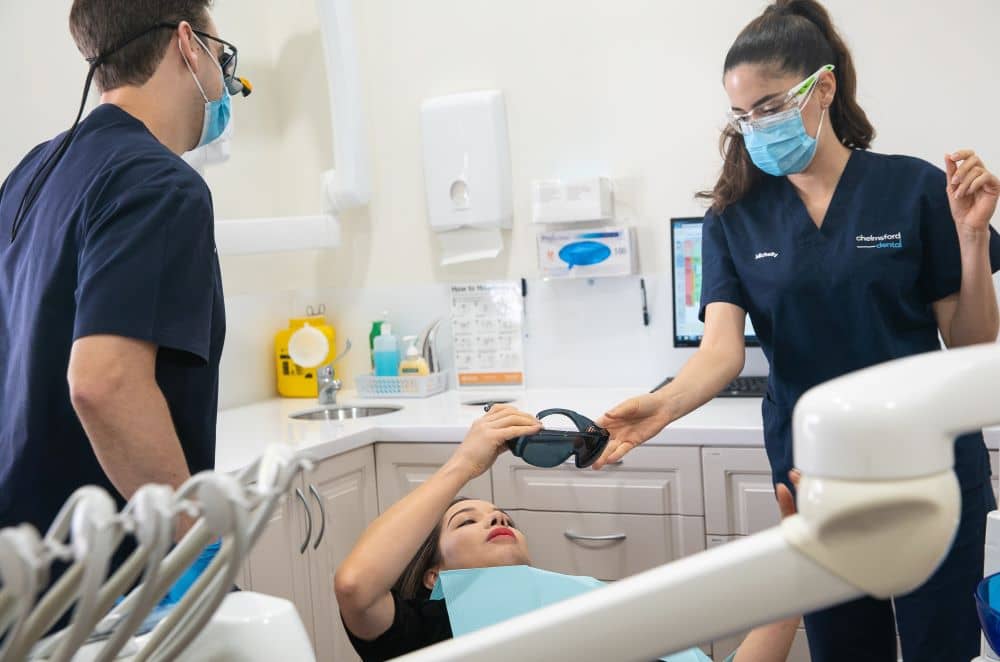
7. Distraction
Dental appointments can be distressing for patients with dental phobia. Once they enter the office, symptoms worsen. But with a little bit of distraction, the fear felt can be diminished. In some cases, TV and music playing in the background can successfully take the mind off the imminent treatment. Auditory or visual stimuli in the clinic can guide the minds of those with dental anxiety to wander a bit, providing comfort to the patient.
Can Dentophobia Cause Dental Problems?
Avoiding dental appointments is the ultimate solution for those with dental anxiety. However, doing so leads to poor dental hygiene. Even if you are an anxious patient, going to the dentist is a must to ensure your oral health problems are kept at bay. The good news is that dentophobia can be lessened and combated with a little bit of effort. It may take a while to overcome your fear. Still, the relaxation techniques, distractions, and other methods above may have an immediate effect on you.
Some people find sitting on the dentist’s chair a negative experience that can induce anxiety. However, avoiding the dental office can also take a toll on your physical health. Visiting the dentist is only required once or twice a year. And forgoing your dental treatment every year can result in large cavities, gum disease, and tooth loss. If you have oral cancer, you are delaying the treatment, which can prove to be fatal.
Schedule your appointment with the friendly dental professionals at Chelmsford Dental. We’re here for you, and together, we will help you cope with your dental anxiety, so you continue receiving good oral care.
